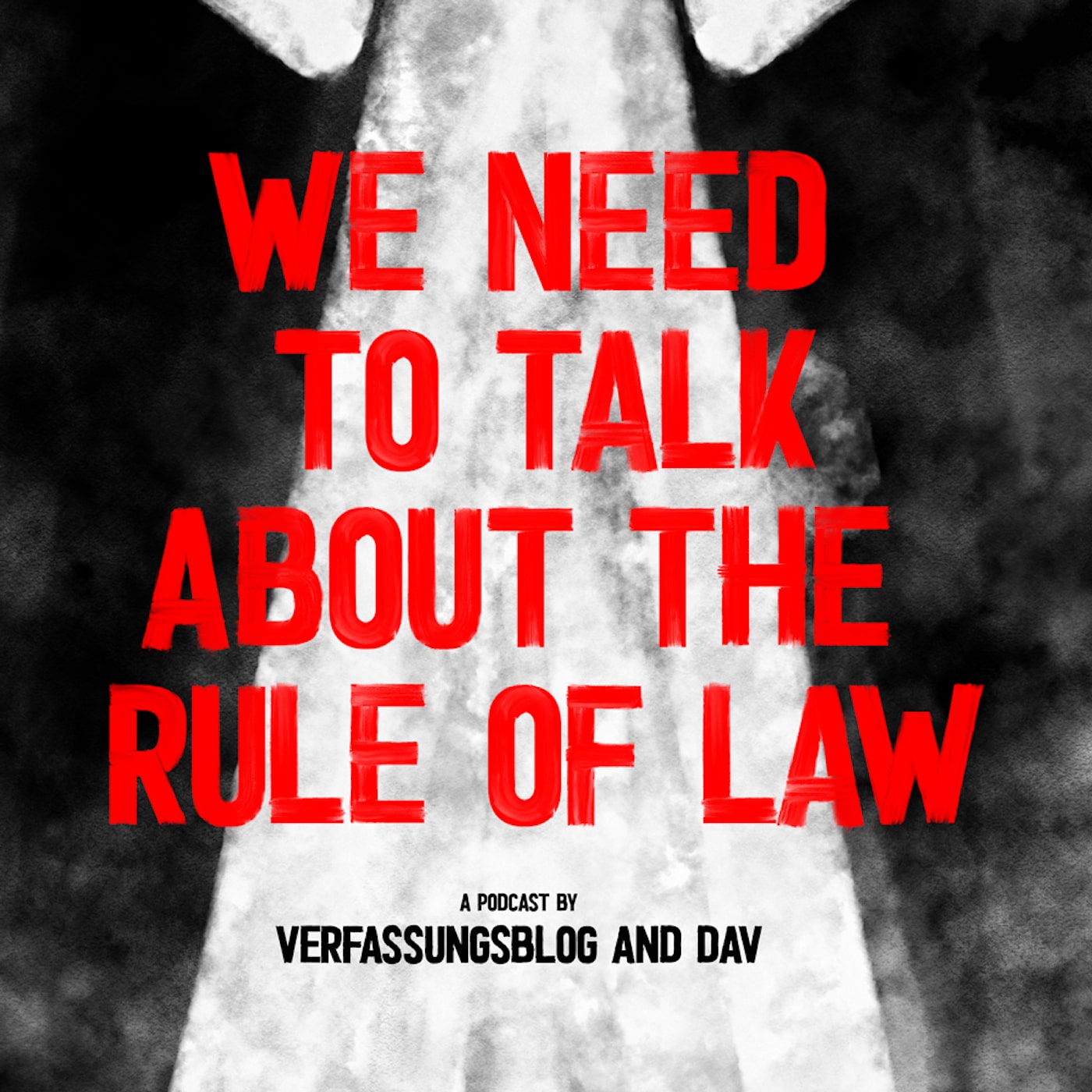
20.8K
Downloads
20
Episodes
Independent courts, judges who will withstand political pressure and rule against the will of the government if the law demands it. It’s called the rule of law, and as long as you have it, you rarely notice it. If you don’t have it, you’ll know what you miss – but then it’s too late. We need to talk about the rule of law because in a growing number of EU member states, the rule of law is already severely damaged - and we will all feel the consequences. We need to talk about the rule of law as Europeans, among Europeans. This is what we, Verfassungsblog and Deutscher Anwaltverein, want to do with this podcast. Twelve weeks, twelve episodes: Every week we invite a number of high-profile political and legal actors and experts to discuss the most urgent aspects of this topic. If you want to be part of this debate, please feel warmly encouraged, do send us your question, use the hashtag #lawrules or send us a speech memo on our Instagram account (@verfassungsblog).
Episodes
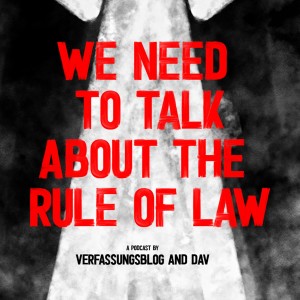
Wednesday Sep 16, 2020
#0 Trailer
Wednesday Sep 16, 2020
Wednesday Sep 16, 2020
What is our new podcast going to be about? What is the concept behind "We need to talk about the rule of law"? What do we want to achieve with this podcast? Why is this urgent? Listen to the Trailer to find out!
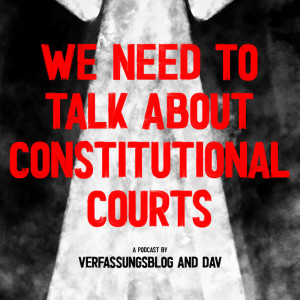
Wednesday Sep 23, 2020
#1 We need to talk about Constitutional Courts
Wednesday Sep 23, 2020
Wednesday Sep 23, 2020
Constitutional courts are under attack in many countries in Europe and beyond. Why? And why now? What can be done to protect them, and what are the most important conditions for constitutional courts to function?
These are the questions we discuss in the first episode of our new podcast with three guests, two of them former constitutional judges with first-hand experience on these matters, and one a scholar who has written an outstanding book on the German Bundesverfassungsgericht.
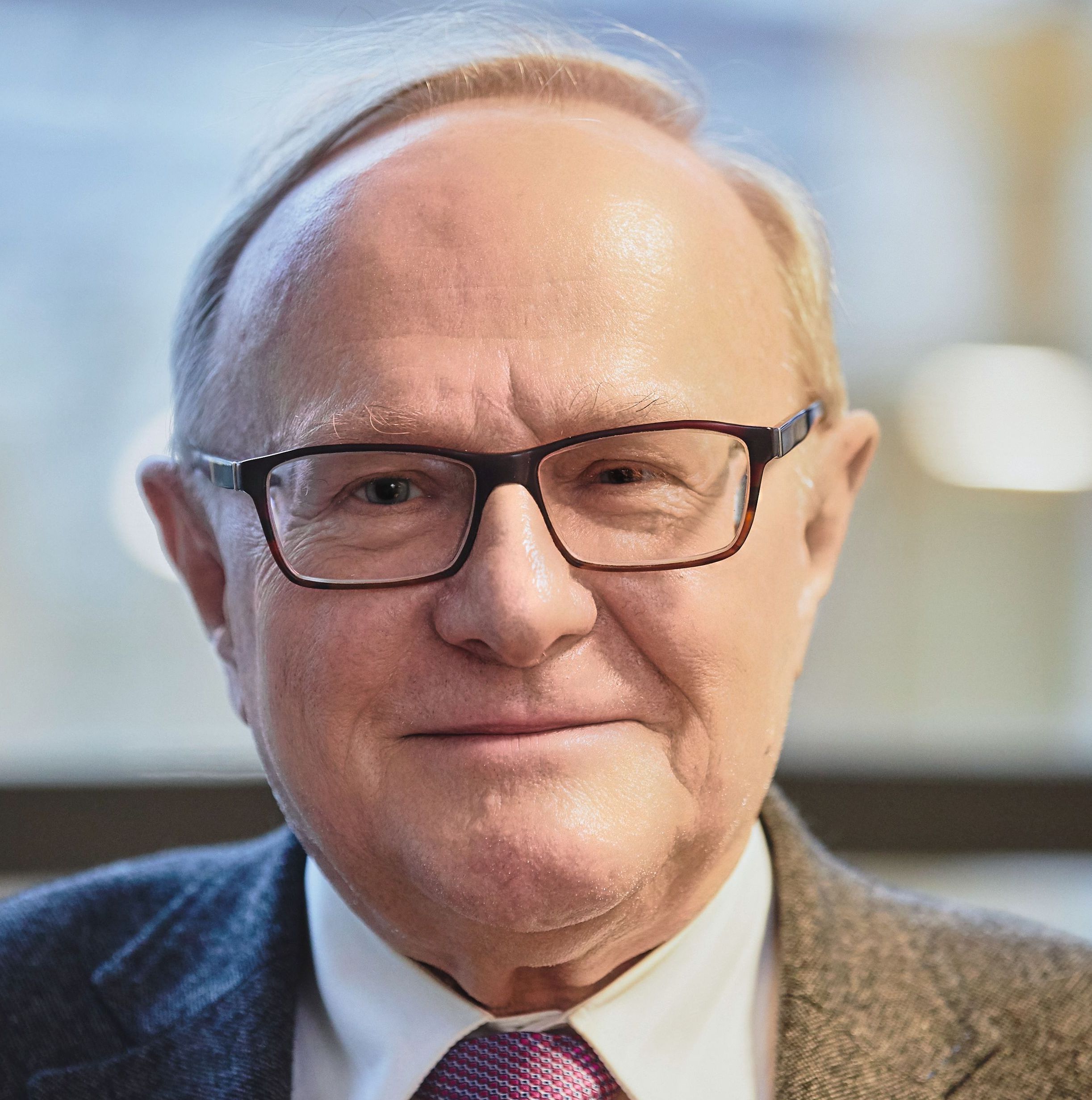
STANISLAW BIERNAT was the Vice President of the Polish Constitutional Tribunal while the government launched its takeover campaign against the court.

PEDRO CRUZ VILLALON, former Advocate General at the European Court of Justice, was a Judge at and President of the Spanish Constitutional Court, which has suffered greatly in recent years in the Catalan secession drama.

MICHAELA HAILBRONNER is a professor of constitutional law at the University of Gießen and an expert on the probably most influential constitutional court in Europe, the German Bundesverfassungsgericht.
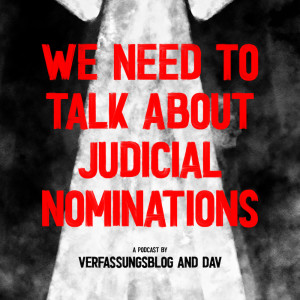
Wednesday Sep 30, 2020
#2 We need to talk about Judicial Nominations
Wednesday Sep 30, 2020
Wednesday Sep 30, 2020
It's easy to agree that judicial independence is important – but who gets to be a part of the judiciary, who gets promoted to which court and who enters the highest ranks is a decision that has to be taken by someone, and a lot depends on who that someone is.
Controlling judicial nominations is one of the key elements in all authoritarian takeover strategies which have been implemented in recent years in Poland, in Hungary and elsewhere. This is what we will discuss with our three distinguished guests today:
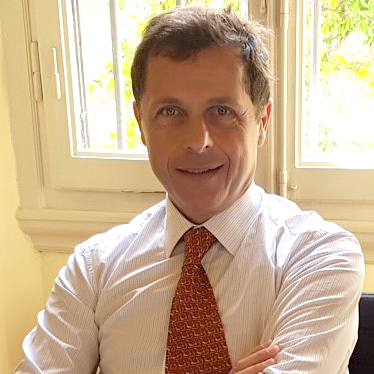
FILIPPO DONATI is a professor of constitutional law at the University of Florence, a lay member of the Concilio Superiore della Magistratura of Italy and since June of this year the president of the European Network of Councils of the Judiciary.

JOANNA HETNAROWICZ-SIKORA is a judge at the district court of Slupsk in northern Poland and a member of the board of the independent judges’ association IUSTITIA.
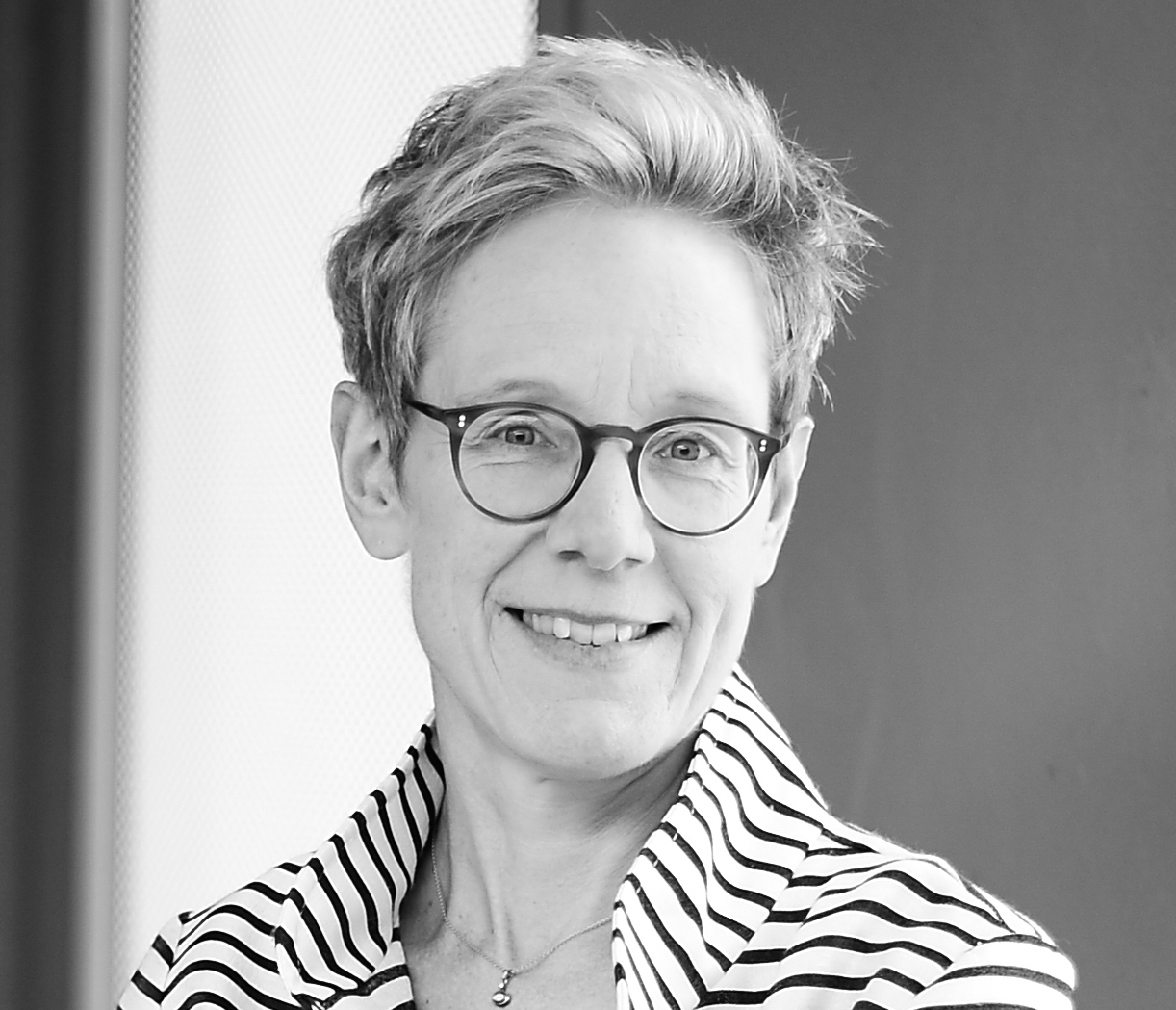
CHRISTIANE SCHMALTZ is a judge at the highest German civil and criminal court, the Bundesgerichtshof.
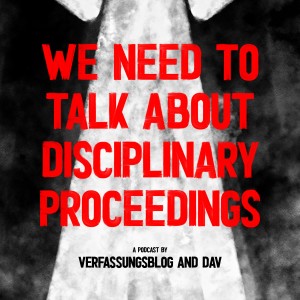
Wednesday Oct 07, 2020
#3 We need to talk about Disciplinary Proceedings
Wednesday Oct 07, 2020
Wednesday Oct 07, 2020
Judges, as all other people, sometimes misbehave. In that case, a procedure needs to be in place to examine if a sanction is required and, if so, to impose it.
Disciplinary procedures, however, can be misused by an authoritarian government as blunt yet efficient tool to force the independent judiciary into submission. The most striking case in point is, once again: Poland. Judge Igor Tuleya is facing removal from office and worse for having crossed the government once too often in his discharge of his judicial duties. And he is not the only one.
Our distinguished guests for this week's episode are:

NINA BETETTO, a judge of the Slovenian Supreme Court and the President of the Consultative Council of European Judges (CCJE),
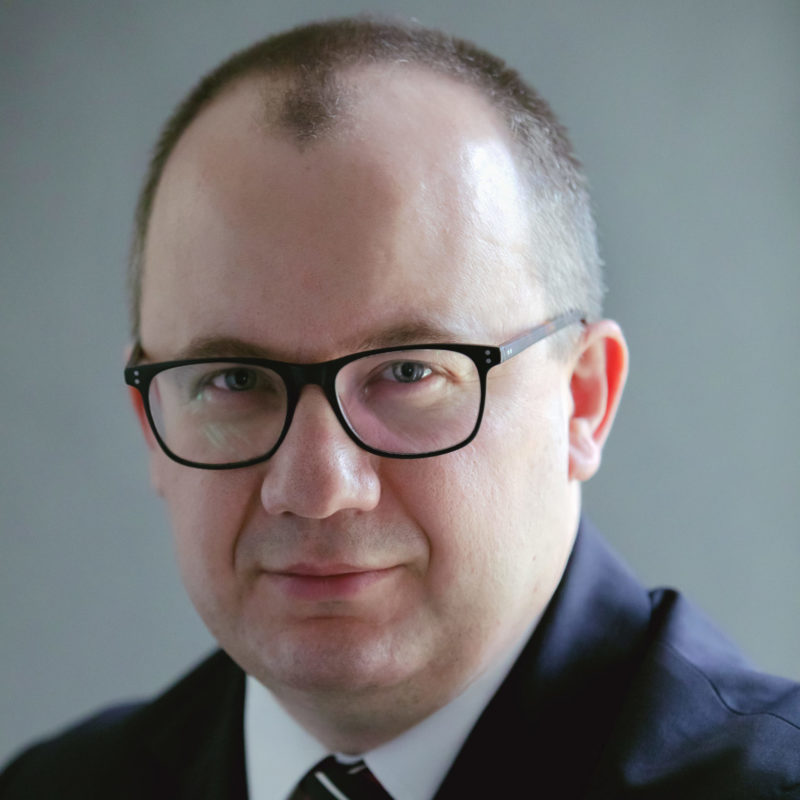
ADAM BODNAR, the outgoing Human Rights Commissioner of the Republik of Poland, and
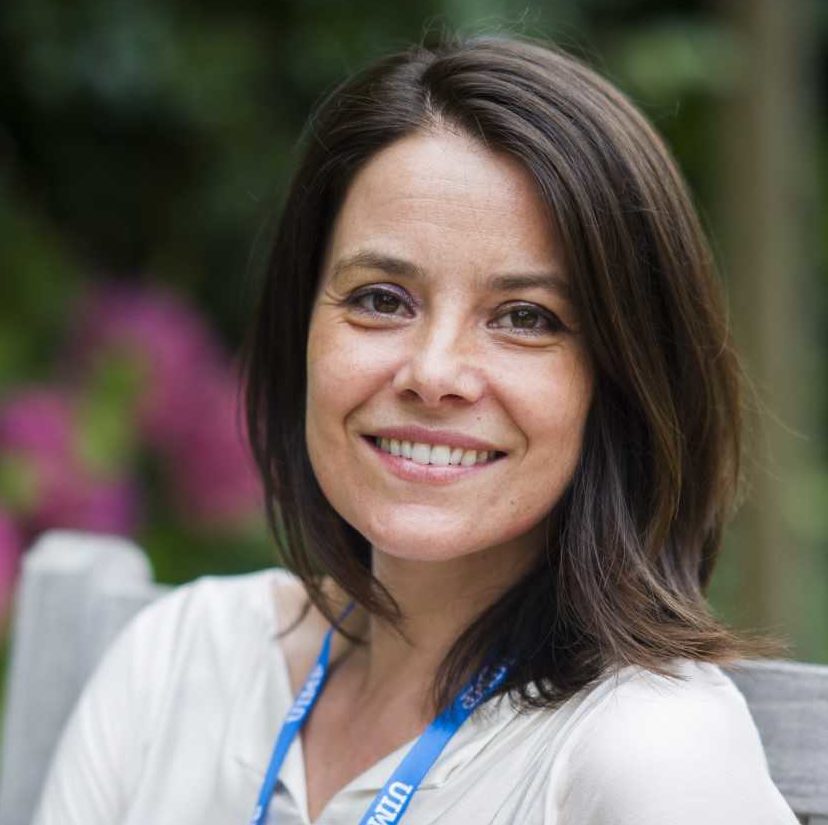
SUSANA DE LA SIERRA, a professor of administrative law at the University of Castilla-La Mancha in Toledo, Spain.
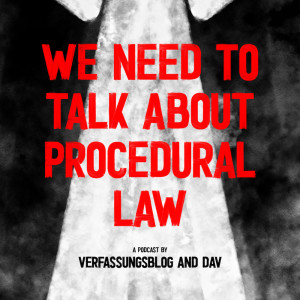
Wednesday Oct 14, 2020
#4 We need to talk about Procedural Law
Wednesday Oct 14, 2020
Wednesday Oct 14, 2020
Courts don't just exist. They are shaped by organisational and procedural rules which are enacted by the legislative – and can be abused accordingly.
Court packing schemes and tampering with the retirement age of judges are just two examples of such abuse. On the other hand, sometimes the judiciary is indeed in need of reform, e.g. when they no longer manage to deliver judgments in a timely fashion. How do you distinguish "good" judicial reforms from "bad" ones? Is there such a thing as a "good" court packing scheme?
This is what we discuss with these distinguished guests in this week's episode:
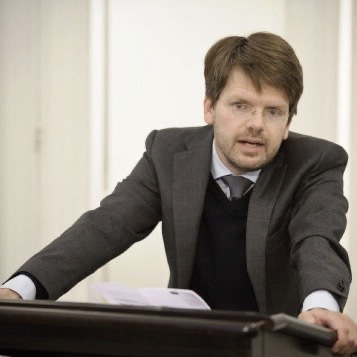
Christoph Möllers, a Professor of Public Law and Jurisprudence at Humboldt University of Berlin and a former judge at the Higher Administrative Court of Berlin-Brandenburg,

MARIAROSARIA GUGLIELMI, the Vice President of the judges association Magistrats Européens pour la Démocratie et les Libertés, and
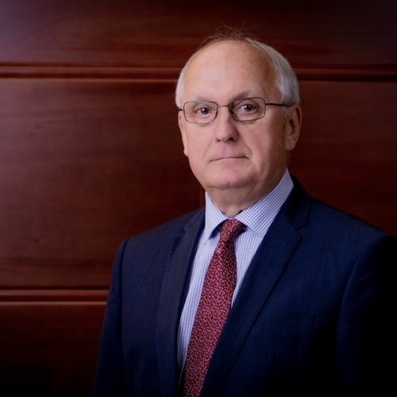
ANDRÁS BAKA, for 17 years a judge at the European Court of Human Rights and then President of the Hungarian Supreme Court until he was forced out of office by the FIDESZ governing majority in Hungary.
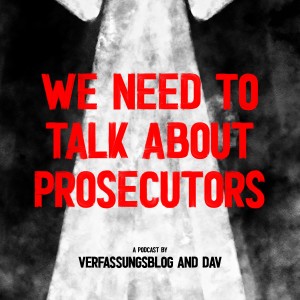
Thursday Oct 22, 2020
#5 We need to talk about Prosecutors
Thursday Oct 22, 2020
Thursday Oct 22, 2020
Public prosecutors decide whether a criminal suspect is investigated. Or not. They decide whether a person is indicted and whether there will be a trial. Or not.
If you control them, you can make your opponents' life miserable and let your friends run free. On the other hand: If prosecutors don't have to answer to politics at all, who will hold them accountable?
This is what we discuss with these distinguished guests in this week's episode:

JOSÉ MANUEL SANTOS PAIS is a Prosecutor at the Portuguese Constitutional Court and head of the Consultative Council of European Prosecutors.
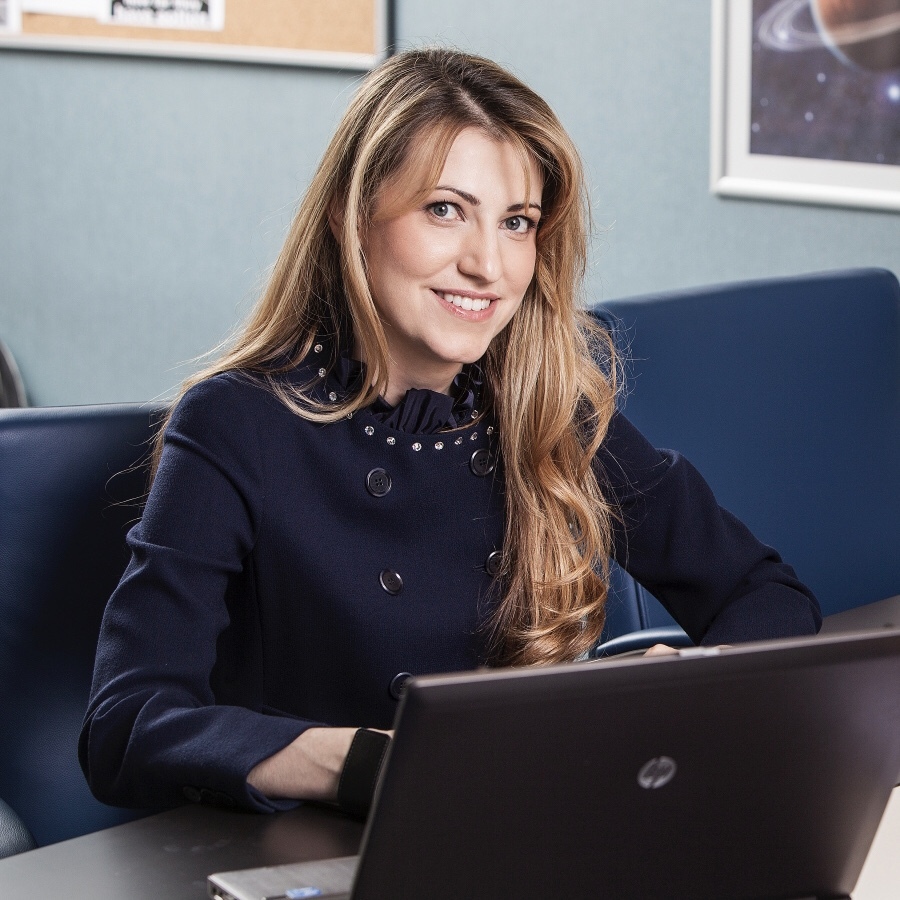
RADOSVETA VASSILIEVA is a legal scholar from Bulgaria currently living in the UK,

THOMAS GROSS is a Professor for Public Law, European Law and Comparative Law at the University of Osnabrück.
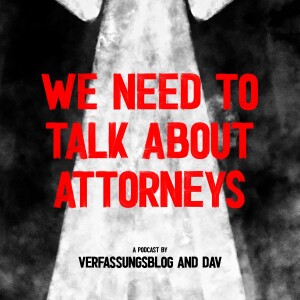
Wednesday Oct 28, 2020
#6 We need to talk about Attorneys
Wednesday Oct 28, 2020
Wednesday Oct 28, 2020
Attorneys are not on everyone’s mind when they think about the rule of law. The European Commission gave a prime example for that when it remained conspicuously silent about the role of lawyers in its recent Rule of Law report. Yet, attorneys play just as important a role in preserving the rule of law as other parts of the judicial system do. What’s more: Where they are at risk of being prosecuted for doing their jobs, the erosion of the rule of law is imminent.
We talk about attorneys with our distinguished guests in this week’s episode:
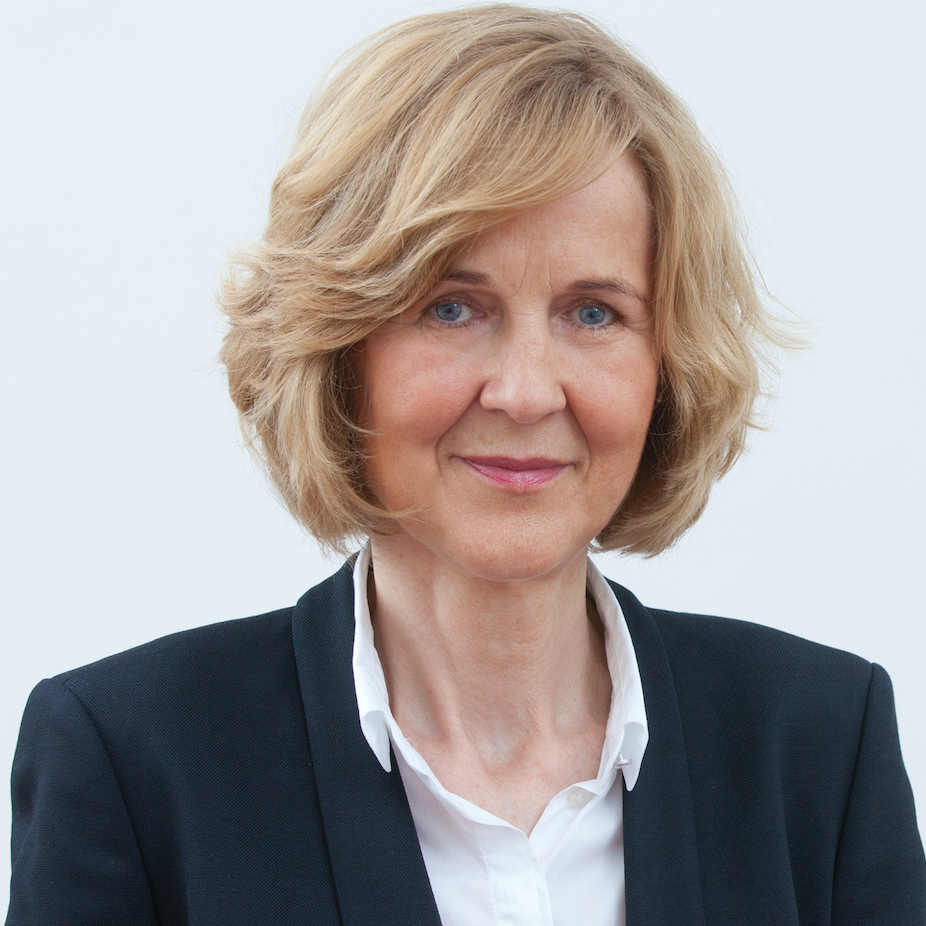
MARGARETE VON GALEN is an attorney working mainly in Criminal Law, a judge at the Constitutional Court of Berlin, and Vice President of the Council of Bars and Law Societies of Europe (CCBE).
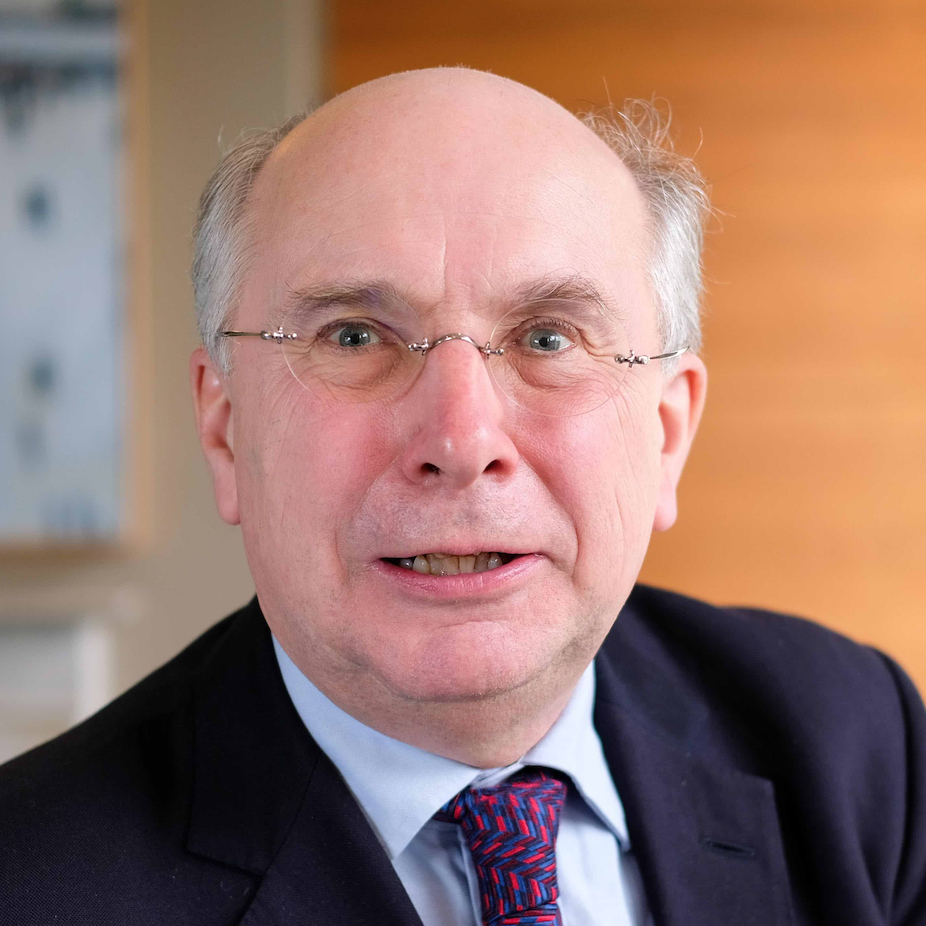
JEREMY MCBRIDE is a barrister at Monckton Chambers, London, with a focus on human rights law, and a Visiting Professor at Central European University, Budapest.
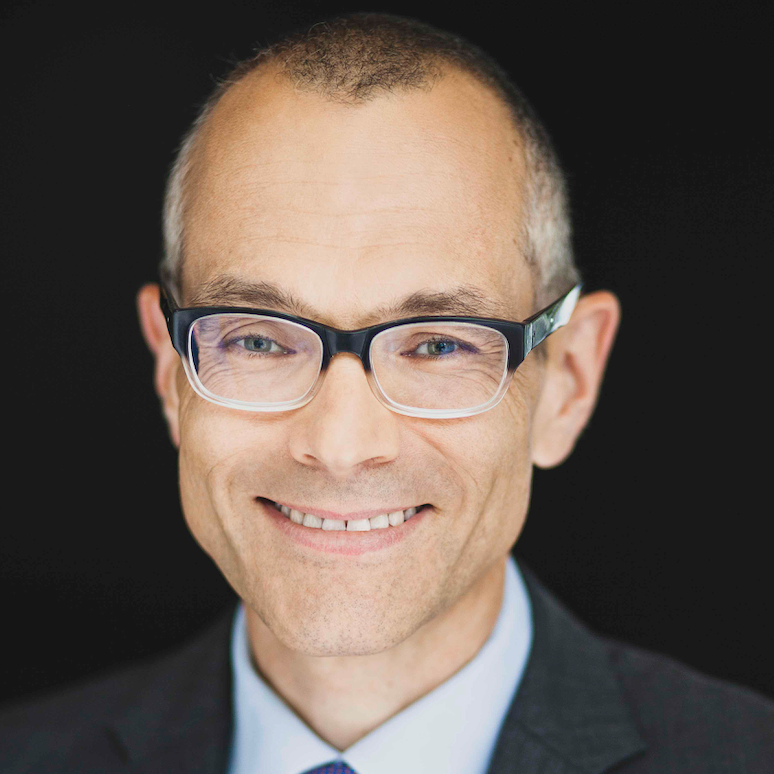
MIKOŁAJ PIETRZAK is an attorney with a focus on human rights and criminal law and president of the Bar Association of Warsaw.
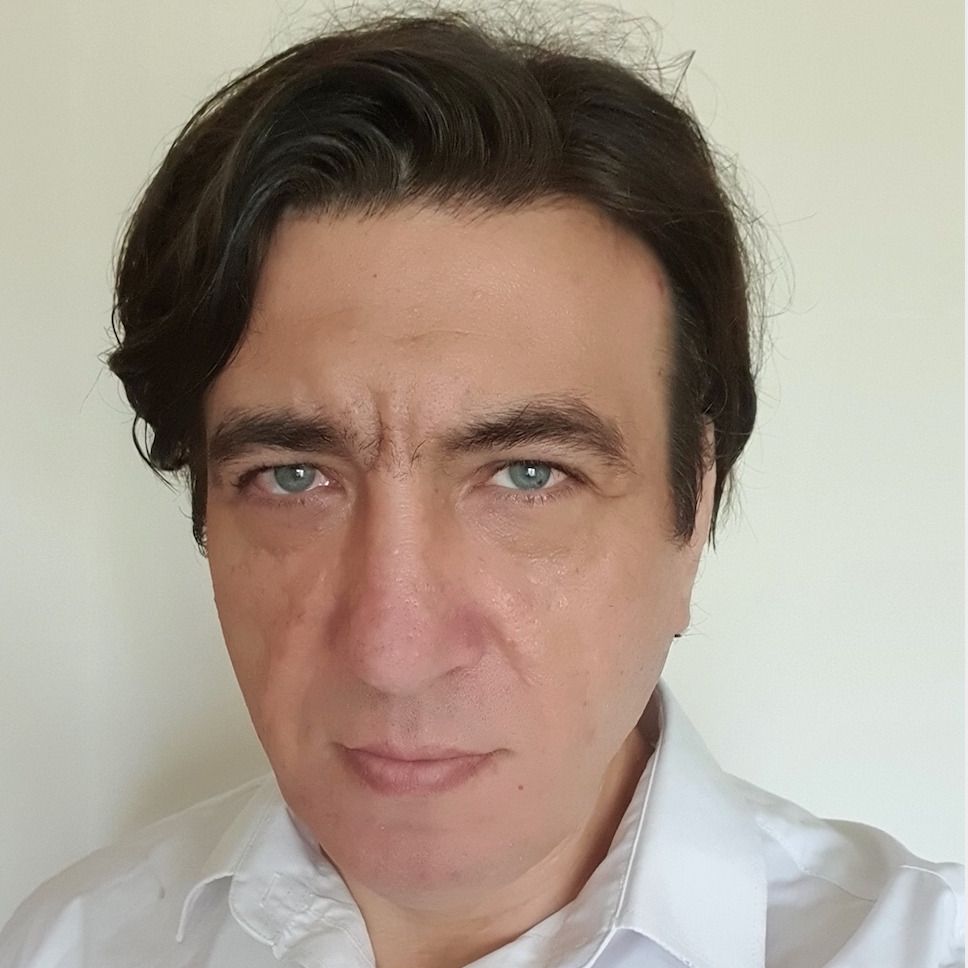
COSKUN YORULMAZ is a Turkish lawyer living in exile in London.
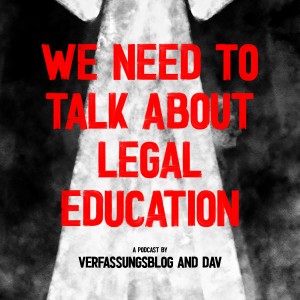
Wednesday Nov 04, 2020
#7 We need to talk about Legal Education
Wednesday Nov 04, 2020
Wednesday Nov 04, 2020
We need to talk about legal education. As the last couple of episodes of our podcast have demonstrated, preserving the rule of law depends to a large quantity on people working in legal professions. What prosecutors, judges, attorneys, and, to a large degree, people working in the executive branch have in common, is a law degree. This means that we have to turn to legal education itself in order to find answers to the question how rule of law systems may remain or become resilient against authoritarian backsliding. Are current legal education systems in the EU equipped for this task? How are they affected by the turn to authoritarianism and illiberalism in a number of member states? And what are intrinsic shortcomings of academic and professional legal education?
This is what LENNART KOKOTT discusses with our distinguished guests:
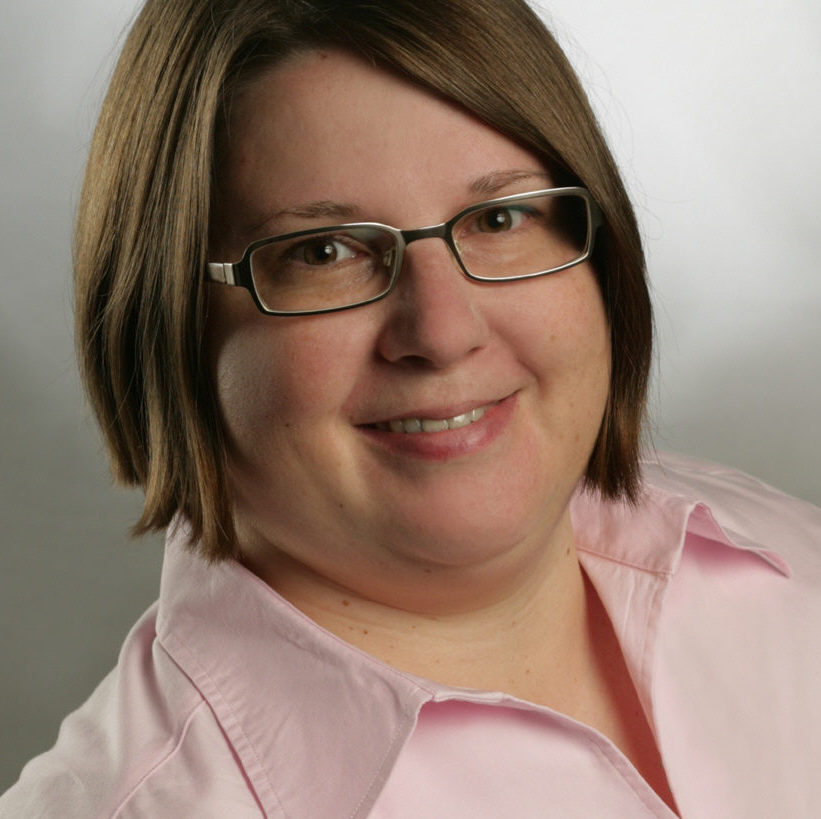
ANNA KATHARINA MANGOLD, a professor of European Law at the Europa-University Flensburg, a member of the Education Committee of the German Women Lawyers’ Association, and an Associate Editor of Verfassungsblog covering anti-discrimination and gender issues,
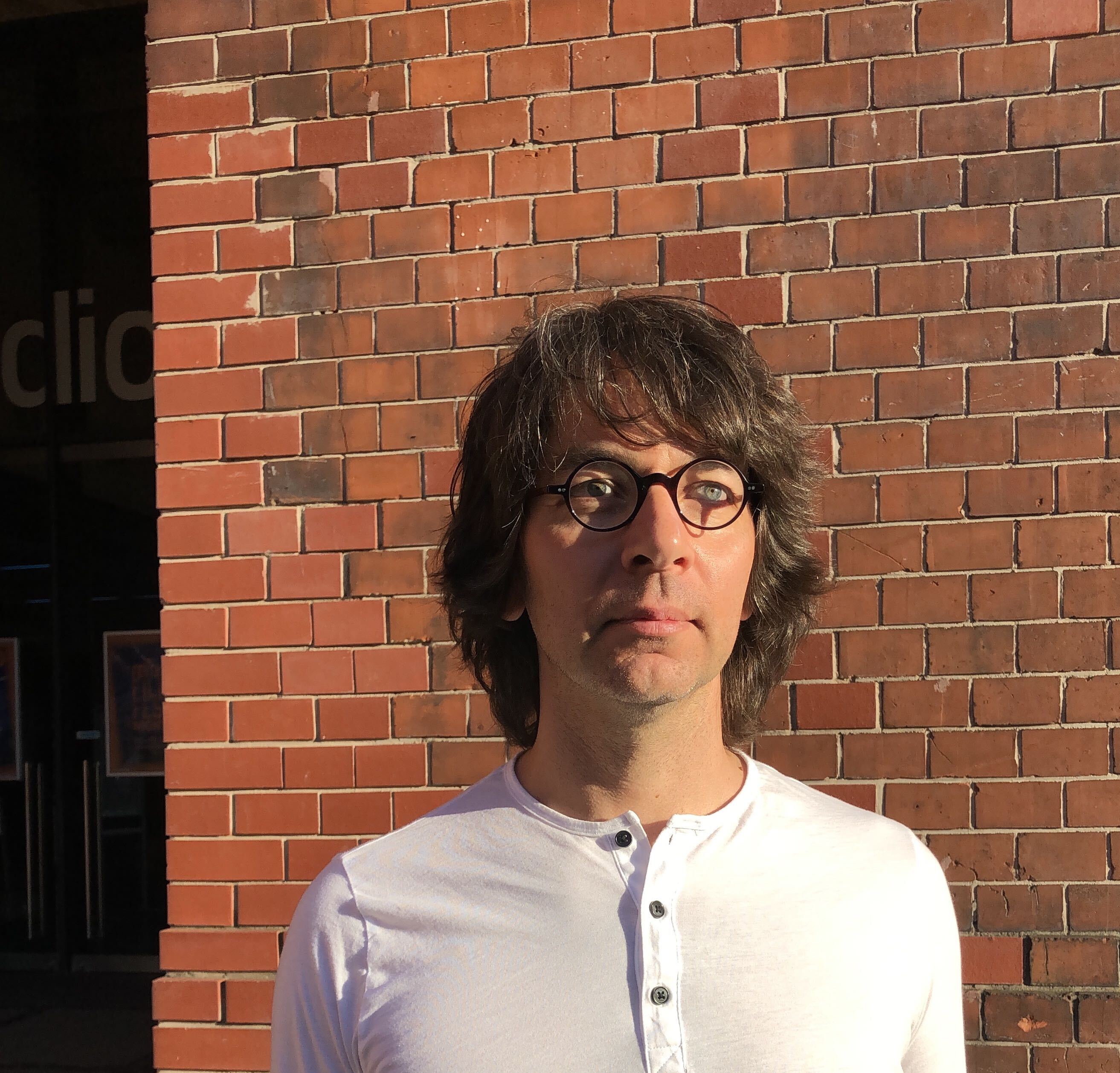
GABOR ATTILA TOTH, he writes primarily about the fields of human rights and constitutional theory, with a current focus on the legal attributes of authoritarianism. He teaches law at the University of Debrecen and bioethics at the Semmelweis University in Budapest,
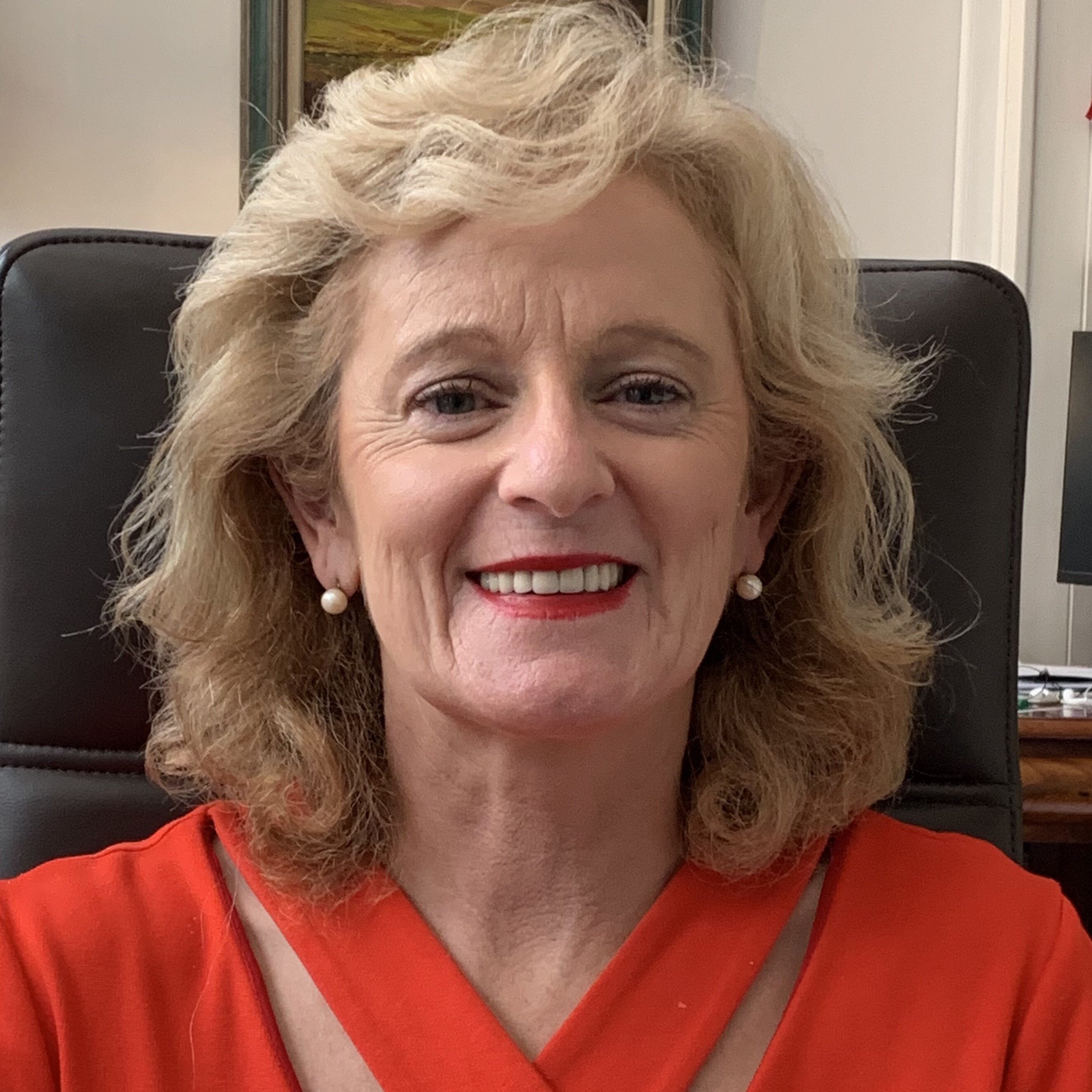
ATTRACTA O’REGAN, a solicitor and barrister, Head of Law Society of Ireland Professional Training and rule of law advisor to the Council of Bars and Law Societies of Europe (CCBE), and
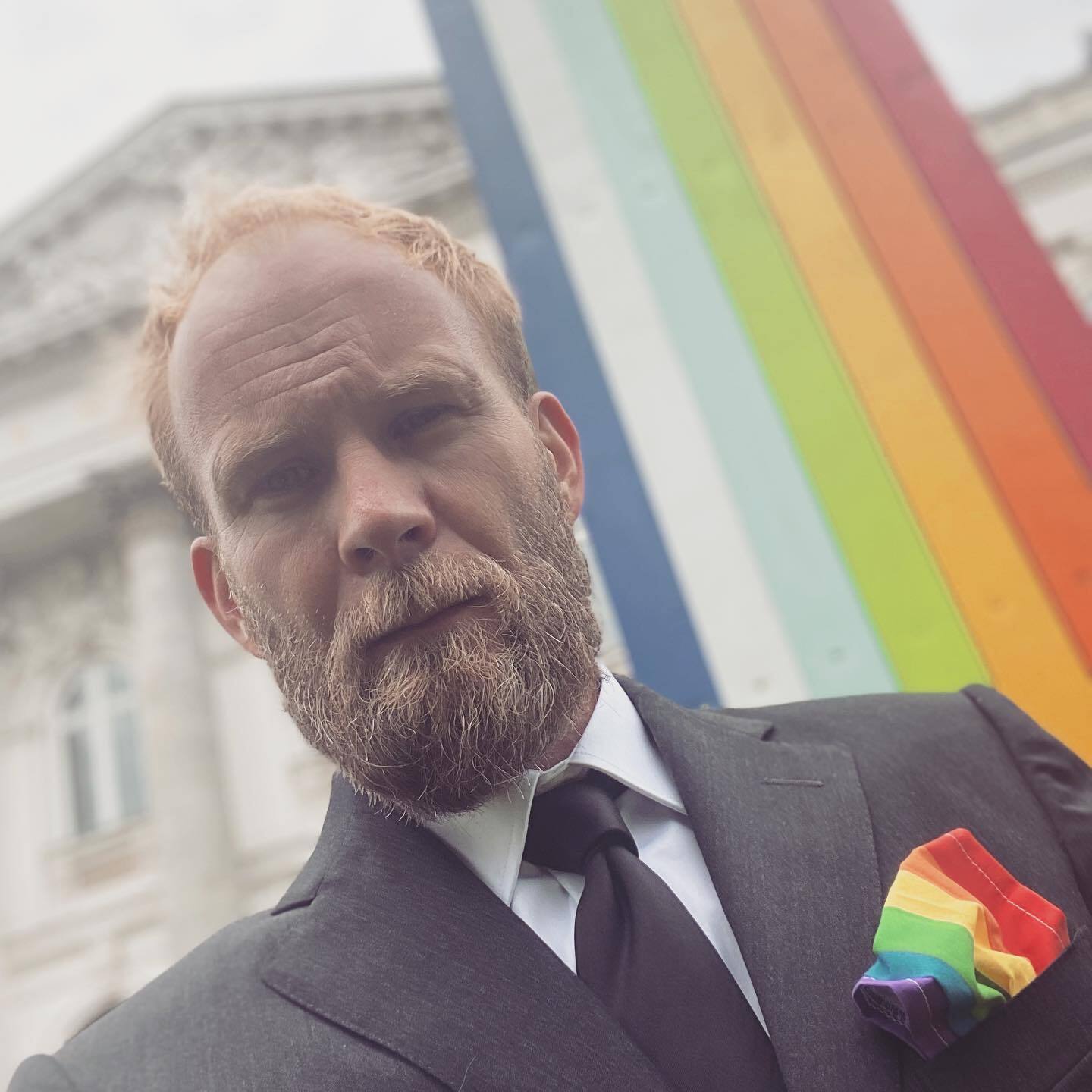
JAKUB URBANIK, Chair of Roman Law and the Law of the Antiquity at Warsaw University.
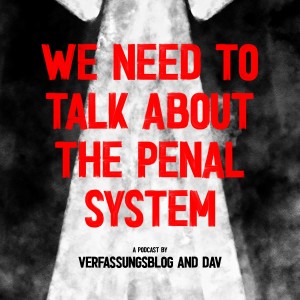
Wednesday Nov 11, 2020
#8 We need to talk about the Penal System
Wednesday Nov 11, 2020
Wednesday Nov 11, 2020
We need to talk about the Penal System. In European Criminal Law, there largely is consensus that criminal law should be ultima ratio, that is, the last resort when the law is applied and executed. However, criminal law and the penal system at large have also proven to be an efficient way to silence political opponents and citizens turning against the government by literally barring them from raising their voice in public. We have seen examples for this in Europe, and we’ll have to talk about that today. But there are more aspects to this topic: How are prison systems being used as a tool by autocratic-leaning governments? And how is the relationship between the penal system and the rule of law in the Area of Freedom, Security and Justice that the European Union aspires to be?
This is what LENNART KOKOTT discusses in this week’s episode of We Need to Talk about the Rule of Law, brought to you by Verfassungsblog and the German Bar Association (Deutscher Anwaltverein), with our fantastic guests:
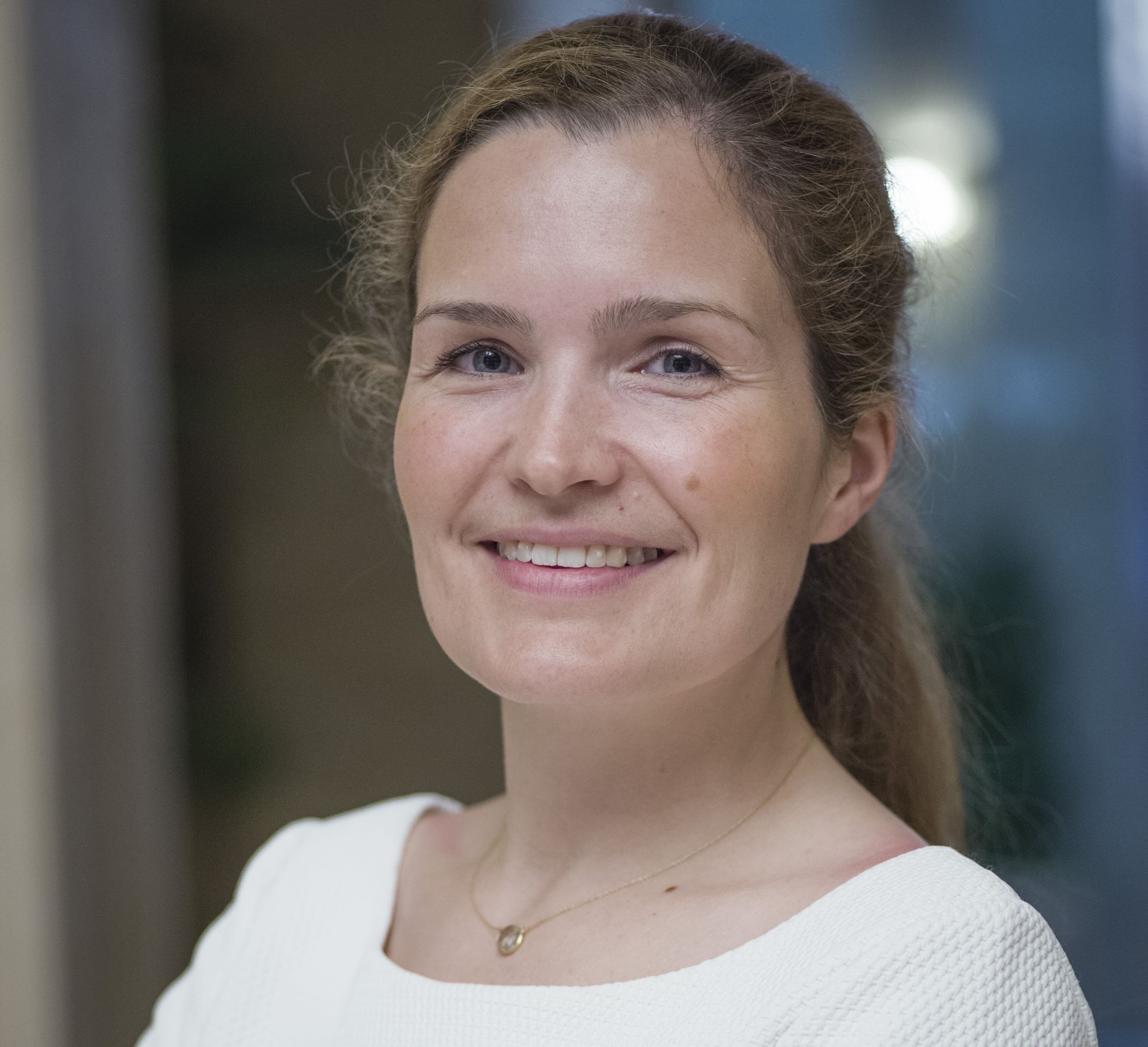
LAURE BAUDRIHAYE-GÉRARD is a solicitor and the European legal director of Fair Trials, a worldwide criminal justice watchdog;
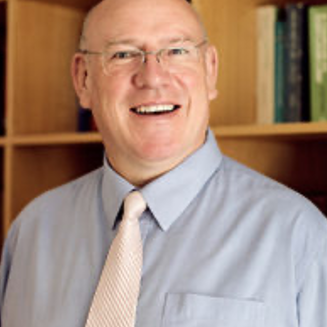
JAMES MACGUILL is a solicitor working in public law, especially criminal law, former chair of the Criminal Law Committee of the Council of Bars and Law Societies of Europe and currently the Council’s vice president;
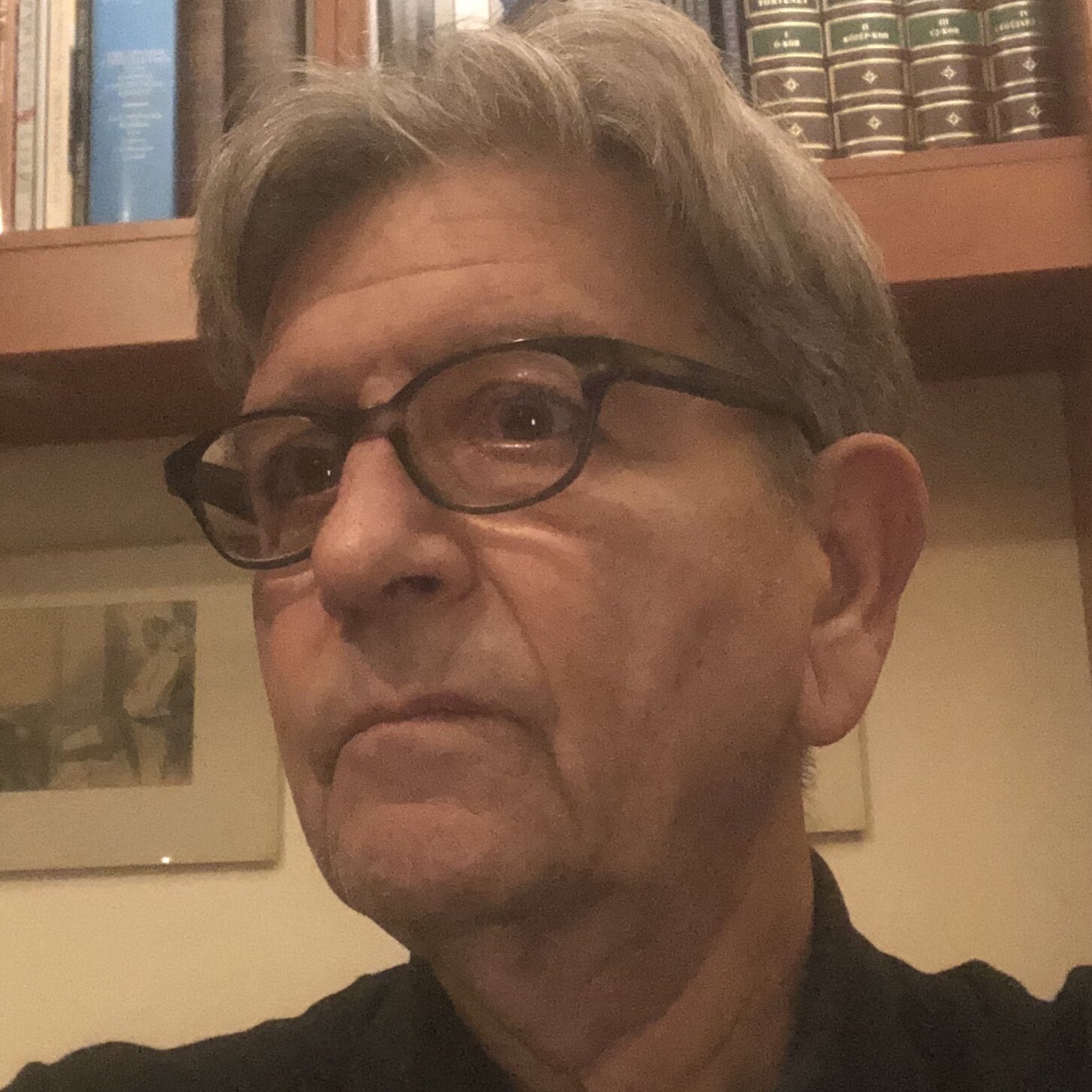
KAROLY BÁRD is a professor at the Central European University, teaching human rights law and constitutional theory, and Chair of the University’s Human Rights Program.
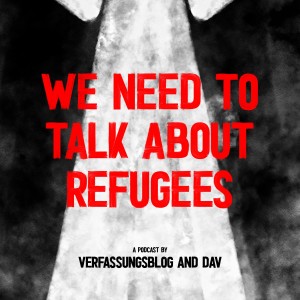
Wednesday Nov 18, 2020
#9 We need to talk about Refugees and Migration Law
Wednesday Nov 18, 2020
Wednesday Nov 18, 2020
We need to talk about refugees and migration law. In discussions about these topics, refugees
and migration policy are often being treated as the other of politics and policy. But the way
states treat those seeking refuge and asylum on their territory is fundamentally a rule of law
issue, and actually says a lot about the current state of the rule of law there: Are refugees
able to enter a jurisdiction and apply for their right to asylum? Are due process obligations
being observed? Do refugees have access to justice? Does the European migration law
system work? This is what LENNART KOKOTT discusses in this week’s episode of We Need to Talk About the Rule of Law with our distinguished guests:
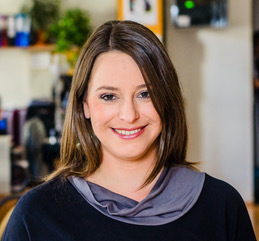
MÁRTA PARDAVI is a lawyer and co-chair of the Hungarian Helsinki Committee, a nongovernmental watchdog organization that protects human dignity and the rule of law.
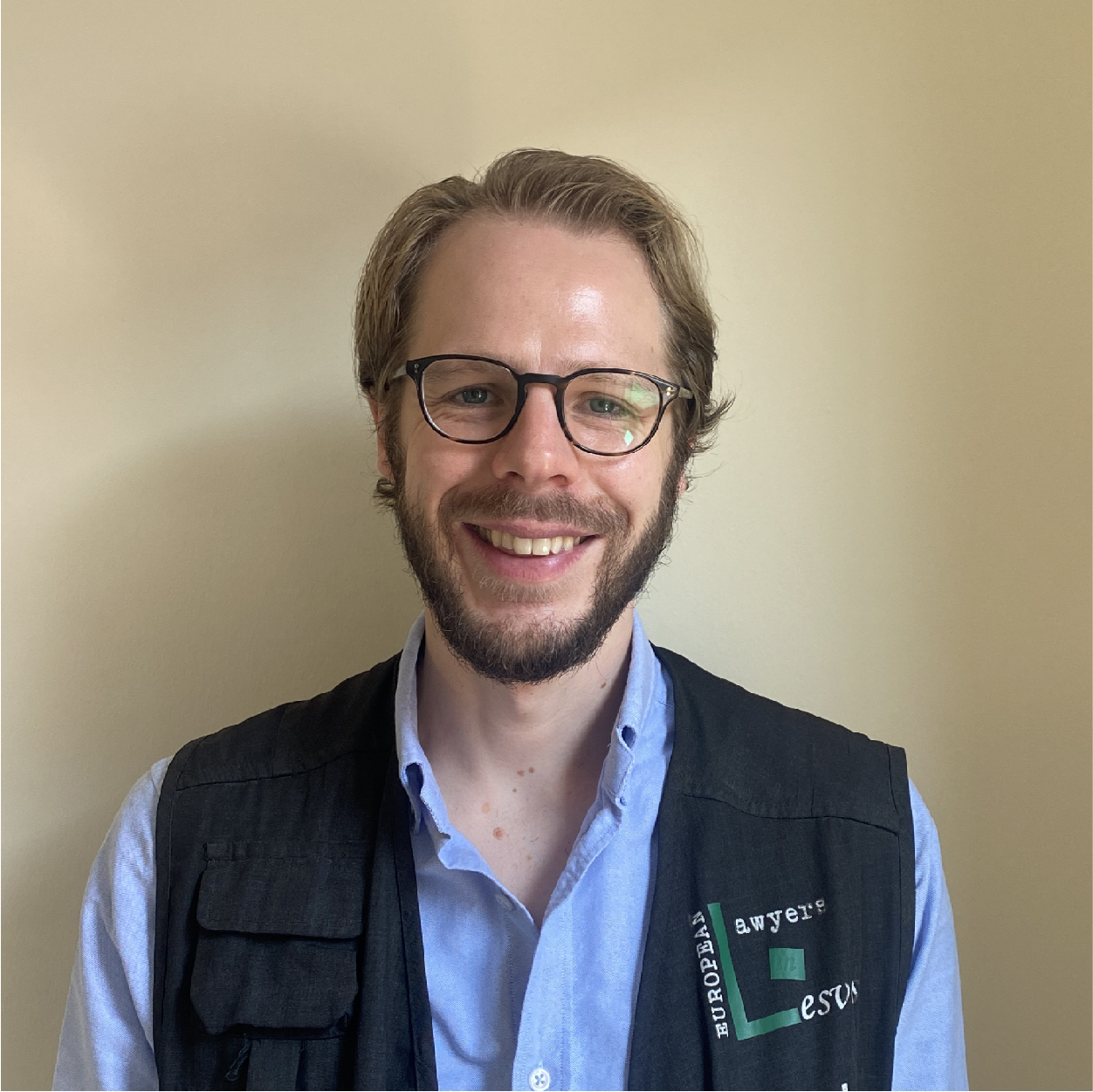
PHILIP WORTHINGTON is the Managing Director of European Lawyers in Lesvos, a NGO
providing access to legal counselling in Lesvos.
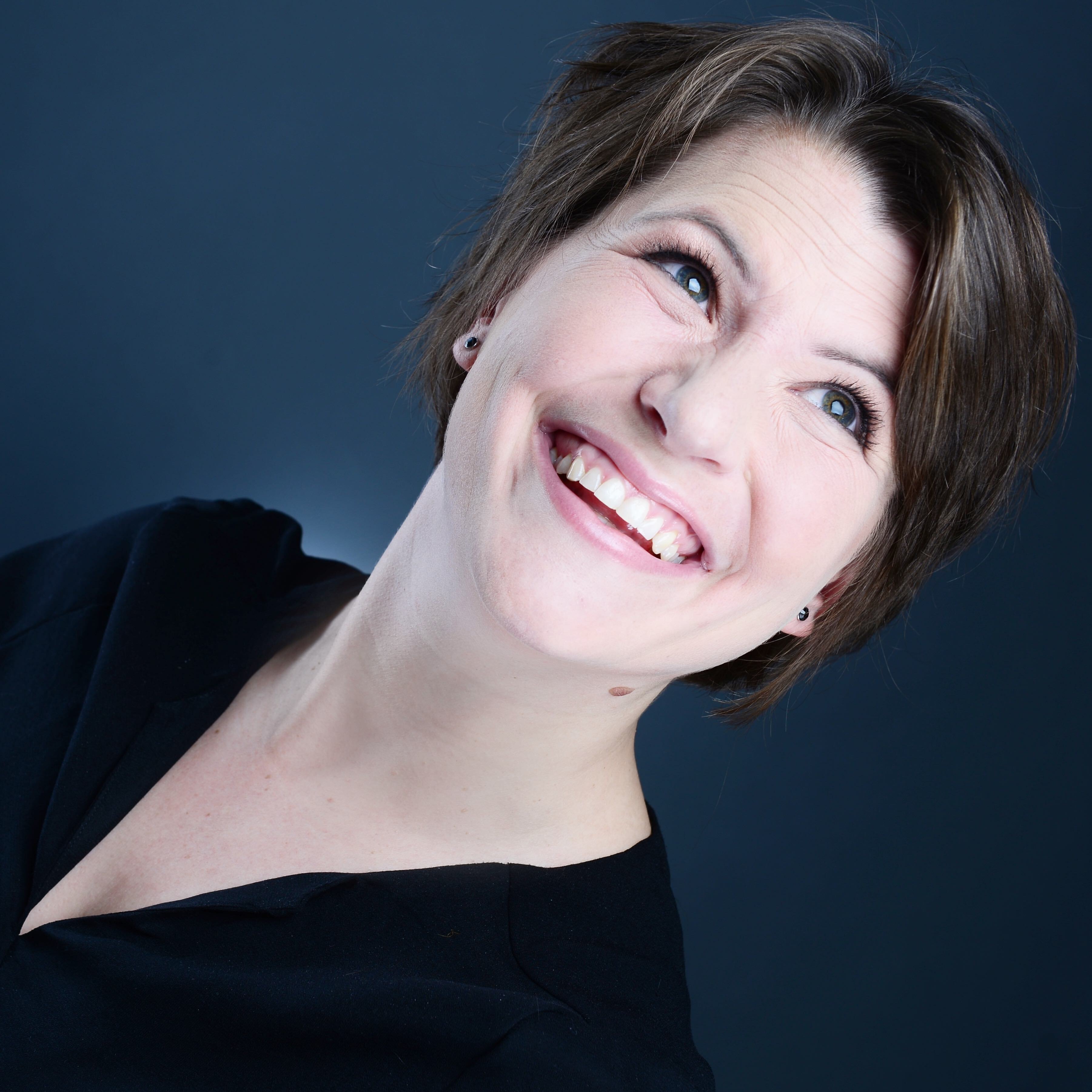
MARIA KALIN is a lawyer with expertise in migration law and member of the migration law
committee of the German Bar Association. She teaches at the University of Passau.
